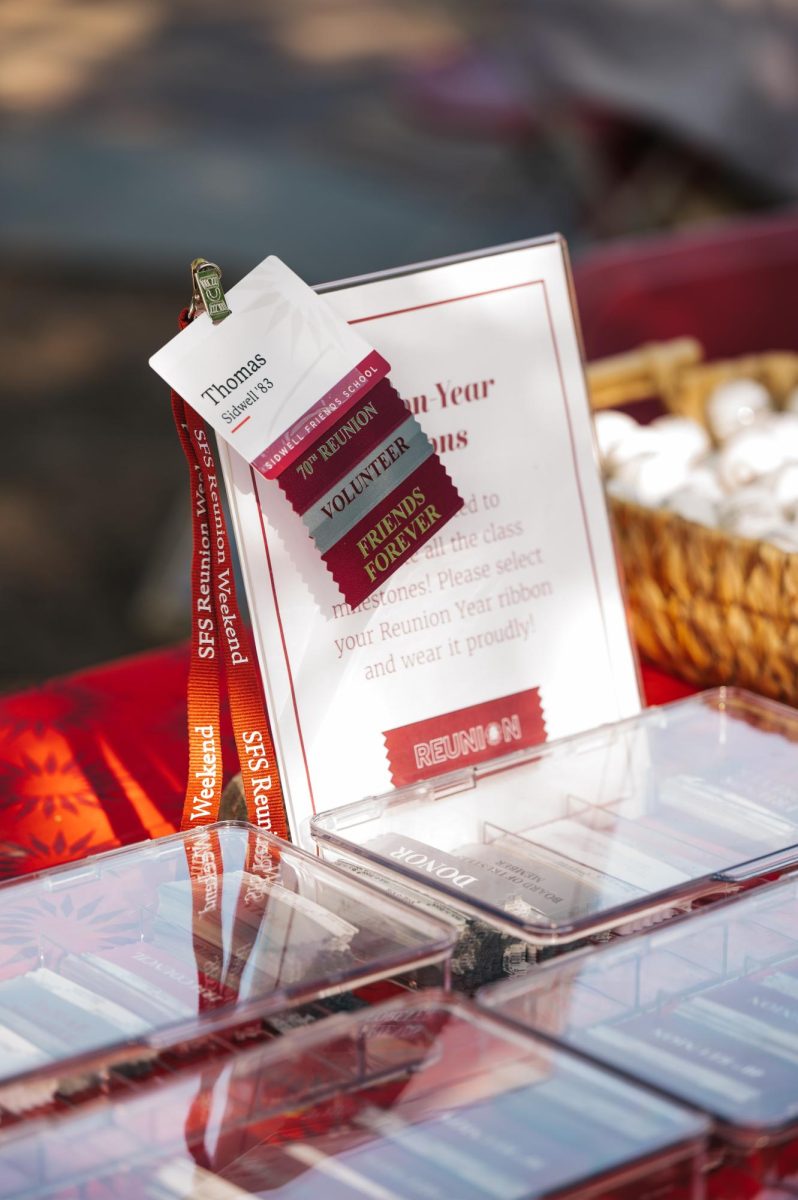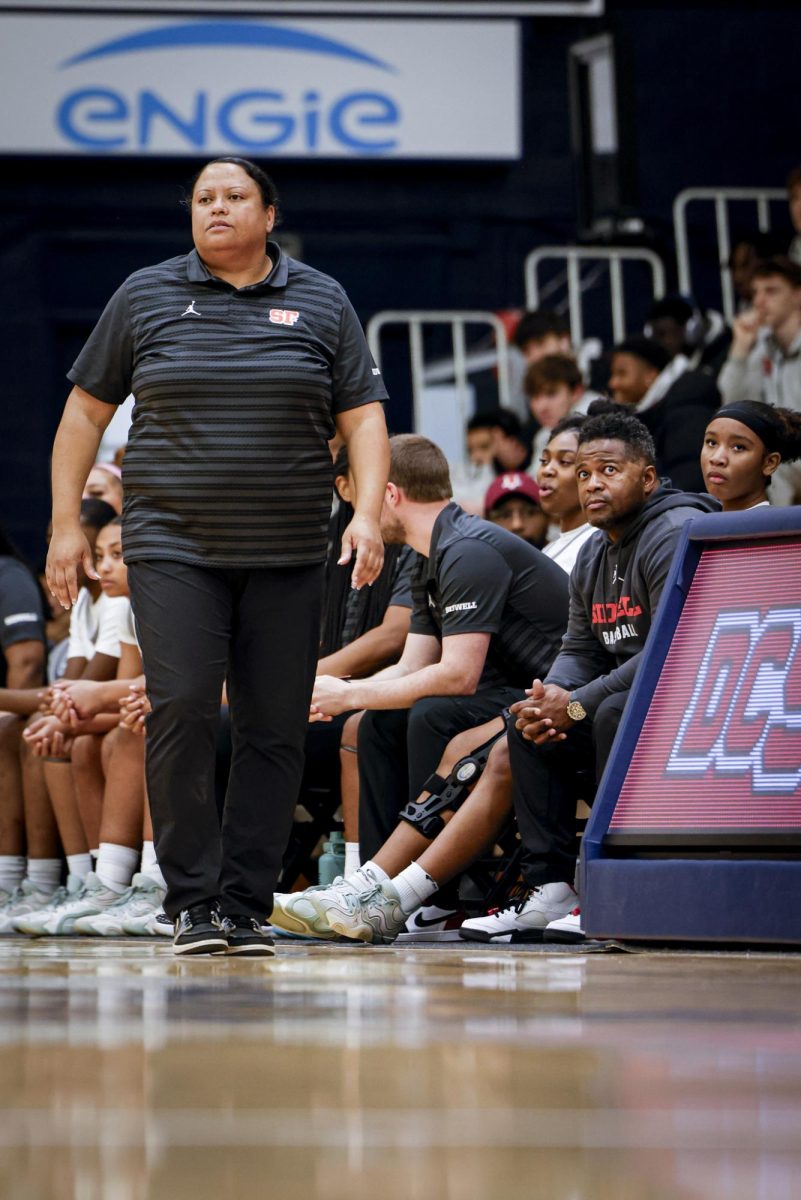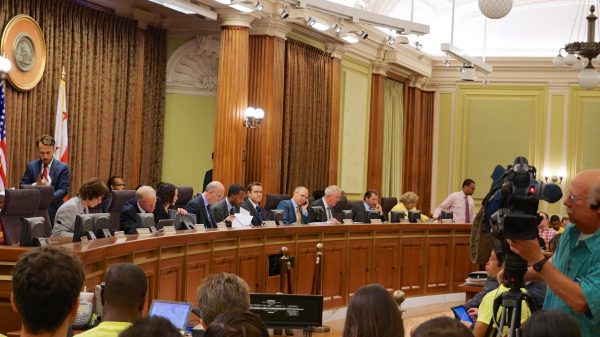Strict Absence Policies Endanger Students’ Physical and Mental Health
Though colds and viruses have always been more common in the colder months, illnesses are spreading faster and surging earlier than ever before. As respiratory viruses like RSV and the flu spread, school nurses across the nation are reporting high levels of sickness, according to The Wall Street Journal. Sidwell is no exception to the trend — in the weeks before Winter Break, many students reported feeling unwell. However, many sick students feel pressure to attend classes despite showing symptoms like coughs, sore throats and exhaustion. Though Sidwell’s official school policy stipulates that ill students must stay home, the school must do more to ensure that missing school remains a feasible option for students, and not one that ultimately increases student stress levels.
For many Sidwell students, who have assessments and assignments due each day, missing even just one day of class can make for a stressful week ahead. Even when students do take the day off, they often cannot spend the day entirely focused on resting. Many teachers require their students to make up assessments immediately upon returning to school, meaning that students often must study or catch up on work instead of sleeping and recovering. This lack of flexibility for students incentivizes them to come to school even when they know they are too unwell to sit in a full day of classes, just to take an assessment or complete a lab. Not only does this endanger their classmates, but it also hurts sick students, hampering their recovery as well as their academic performance. But despite these negative outcomes, many students still feel they must come to school sick, or else risk permanently falling behind. This is especially problematic as illnesses that last longer, like the flu and RSV, have become increasingly common. Students are often sick for over two days, sometimes up to weeks. When students are absent from over two days of classes, they cannot be expected to immediately make up all the work they missed upon their return. This sort of policy makes recovery seem like the more stressful option, when students should instead be encouraged to prioritize their recovery and physical health.
To adequately protect its community, Sidwell needs to allow students to make up work on their own time, even if that means taking assessments a few days after they return to school. Though waiting for a sick student to take a quiz or test may mean that other students get their tests back slightly later, it is a worthy trade to protect the health of the student body. Similarly, more leniency for missed minor homework and classwork assignments could ease the pileup of work many students face upon their return. Not completing a few assignments will not severely hurt a student’s learning experience, especially if they feel they understand the material they missed. However, having to spend hours catching up on days’ worth of minor assignments can massively hurt students’ mental and physical well-being, especially when they are still recovering from an illness.

Irene Zhao is currently Editor-in-Chief of Horizon. She served as a News Editor in the 2021-2022 school year. Prior to that, she worked as a Staff Writer...












































